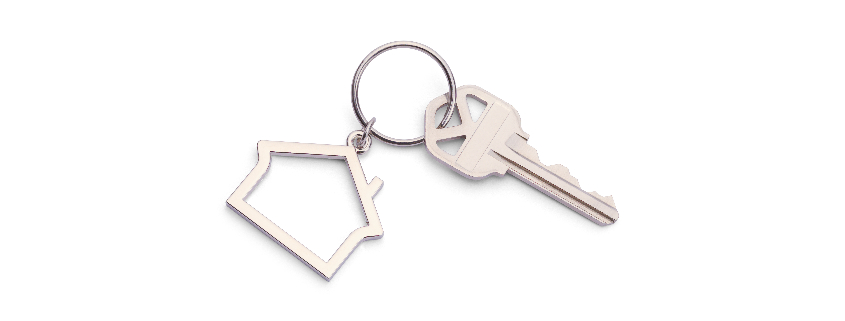Q: My condominium association has the digital key-code to my unit but is still insisting on having a physical key. Is the law specific on how I have granted them access to my unit? (D.L., via e-mail)
A: Section 718.111(5)(a) of the Florida Condominium Act provides that the association has the irrevocable right of access to each unit during reasonable hours when necessary for the maintenance, repair, or replacement of any common elements or of any portion of a unit to be maintained by the association pursuant to the declaration or as necessary to prevent damage to the common elements or to a unit.
The statute does not say that the association is entitled to a key (or digital code), but it also does not prohibit the association from requiring the posting of a key.
While there are no appellate court cases on point, the issue has been adjudicated numerous times in the arbitration program that has been administered by the Florida Division of Condominiums, Timeshares, and Mobile Homes since 1992. The Division has routinely ruled that an association may, through the condominium documents (including properly enacted rules of the board of directors) require a key.
I am not aware of any decisions from the Division on the code versus key distinction. If the requirement to provide a key (and/or the code) is in the declaration of condominium, the requirement is probably iron-clad. If the requirement arises through a board rule, the test of reasonableness comes into play. There would presumably be reasons where a code might fail (electrical failure or dead battery) which would perhaps weigh in favor of the reasonableness of a board rule imposing this requirement.
The Division has also ruled that a condominium acceptance of keys imposes a duty to handle the keys in a reasonable fashion. I recommend that boards establish specific written policies addressing how keys will be kept secure, and who will have access to them.
Q: What insurance requirements does my condominium association have for the interior of my home? (M.S., via e-mail)
A: Section 718.111(11) of the Florida Condominium Act sets forth the detailed requirements for property insurance.
The association should use its best efforts to obtain and maintain adequate property insurance to protect the “condominium property.” The legal definition of condominium property is all property subject to the declaration of condominium, not only the common elements but also the unit (your privately-owned home).
The requirement of the association is to insure the condominium property as the property was originally installed, or to provide replacements of like kind and quality. People often confuse insurance obligations (which are set by statute and cannot be waived, except for situations where there is only one unit in a building) and maintenance requirements, which are set forth in the declaration of condominium. For example, it is not unusual to see a declaration of condominium require unit owners to maintain, repair and replace windows. However, since the windows are part of the condominium property as originally installed, they must be insured by the association regardless of any contrary provision in the declaration.
Therefore, the association must insure the basic structure of the interior of your unit. This includes things like drywall and interior doors. The association, under current law, must also insure your air conditioning equipment.
The statute goes on to set forth a list that is specifically excluded from the association’s insuring responsibilities under the master policy, meaning these items are your responsibility to insure. This list includes floor, wall, ceiling coverings, electrical fixtures, appliances, water heaters, water filters, built-in cabinets, countertops, and window treatments. You are also required to insure your personal property, such as furniture and clothing.
Originally posted on floridacondohoalawblog.com Written by Joseph Adams of Becker & Poliakoff, P.A.,

